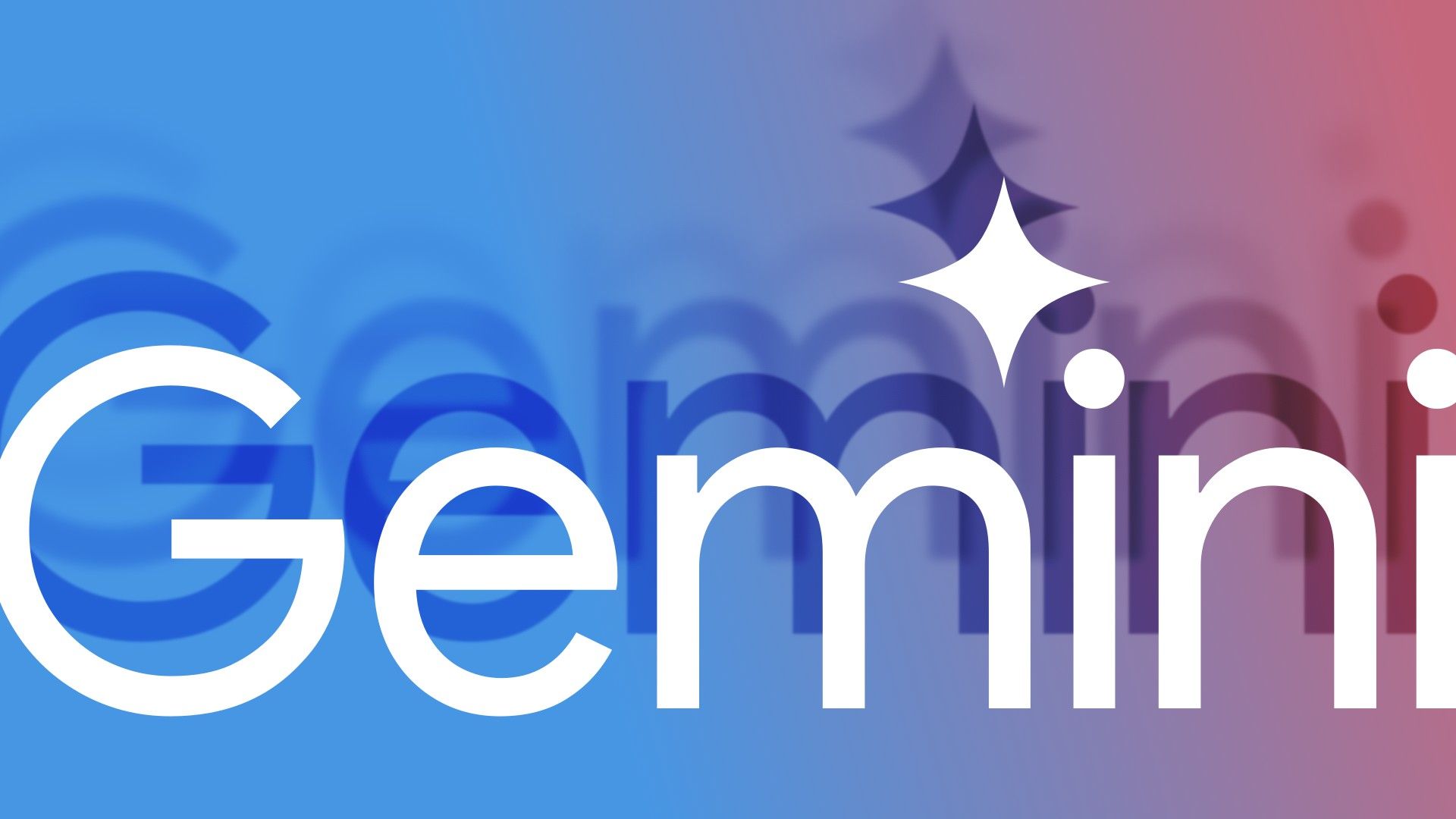How We Bought Our First Home: A Content Marketer and a Government Contractor in South Carolina

Welcome to “How I Bought My First Home,” a Lifehacker series where I ask real people how they actually sealed the deal on their first home. This week, I chatted with Mark* (a content marketer) about how he and his wife (a government contractor) navigated the home-buying process for the first time, and how you might be able to follow in their footsteps.
First off, let’s get to know our homebuyer
Here’s what to know about Mark and his wife:
-
Age: (at the time) 38 years old
-
Location: Charleston, S.C.
-
Marital status: Married
-
Household income: SEO/Content marketer and government contractor, $220K
Now, let’s take a look at the home-buying costs
Mark shares the cost breakdown of his first home:
-
Cost of home: $545,000
-
Down payment: $70,000
-
Closing costs: $19,000
-
Moving: Around $4,000 (with help from in-laws)
-
Mortgage payments: $3,400 monthly
-
Insurance/taxes: $500 monthly
-
Loan lengths: 30-year fixed at 5.75%. Fortunate to lock in when rates dipped early last year.
Now, here’s my Q&A with Mark about the ins and outs of securing his first home in the current market.
How did you approach setting a budget and deciding how much home you can afford?
We looked at what monthly payment we could afford without significantly changing our lifestyles and worked backward from there. This isn’t probably the best way to do it, if only because the online calculators do a bad job of capturing things like taxes and insurance. But it felt more realistic than convincing ourselves we could suddenly become complete spendthrifts to stretch what we could afford.
What should first-time homebuyers know about mortgages?
That who you choose as a mortgage officer is arguably more important than who you pick for your realtor. The mortgage origination process is infinitely more complicated (and significantly less fun) than shopping for a house, and it’s vital to have someone who knows their stuff and can explain it to you in a way that makes sense. The good ones will pick up their phone at all hours of the night to answer questions (though you shouldn’t actually do that), and will shoot you straight about your finances.
How much of your income goes towards your mortgage?
About 19% of our gross. If I had to guess, I’d say about 30-35% of our net.
What unexpected costs cropped up?
Taxes and insurance shouldn’t be considered “unexpected,” but they can raise your total monthly payment in a hurry. And while it was pure luck that both our realtor and mortgage officer were phenomenal people, others should know that you absolutely have the right to walk away if you don’t like the way they treat you.
What would you have done differently?
There were several times in the craziness of 2021-22 when we would’ve ended up with much more house in as good or better of a location if we’d simply offered a bit more. Obviously there’s virtue in having a budget and sticking to it, but the market doesn’t care about what you think a house “should” cost. If you find one you want and you can truly afford what it costs to buy it, pay it.
What tips do you have for other first-time buyers?
It’s tough because this market is totally different than the one we dealt with a couple of years ago. Here are some tips that should apply to most people, though:
-
Do not dismiss a house over cosmetic things. You rarely look at the outside of your own house anyway, and you’d be surprised how quickly “ugly cabinets” start to blend into the rest of the house. And always remember you can change practically anything about a house, aside from its location.
-
If you can, view the home a second time when it’s raining. Flooding is an issue where I live, but thankfully not for our house. It would’ve been nice to know that everything in one section of the garage gets wet when it rains a certain way.
-
To see if a location can work for you, aside from the commute to work, walk or drive around and find your go-to spots. If you’re a bar person, is there one nearby? Parks, stores, gyms? Buying a house is a little like marriage in that it will not fundamentally change who you are as a person, even if you think it will. Your hobbies and interests won’t suddenly change, and if the location makes it hard or impossible to do those things, you will eventually begin to resent your home.
-
Buy a house for your immediate and near-term lifestyle, not some distant version of yourself. If you like nightlife and walkability, don’t pass up on something that puts you close to that because you have vague plans for a future family.
-
Do not waive any of the usual contingencies. Waiving something like an inspection is a terrible thing to do for your first home considering how much money you’re spending.
How long did the home-buying process take you, start to finish?
Technically, the timeline was around two years. We had the misfortune of starting our search in 2021 when the market was wild with low interest rates and cash investors looking to capitalize on rising prices. But once we settled on our house, the process was remarkably fast, maybe 40-45 days at the most.
*Name changed to keep the subject anonymous. This interview has been lightly edited for clarity.
A final note for readers: When it comes to buying a home, one of the biggest challenges is figuring out exactly how much house you can reasonably afford. And when you’re doing your research, coming across, say, a 24-year-old engineer in Maryland or a youth pastor in Ohio, it’s frustrating to see that the solution is loan sizes or lifestyles you simply can’t relate to. I get it. So, if you’d like to share your experiences buying your first home, drop a comment below. Maybe you can help paint a wider portrait of what it looks like to navigate the housing market these days—particularly without generational wealth.







